Viewed millions of times online, the images are deepfakes created using artificial intelligence. If you look closely, you can see telltale signs: strangely curved fingers or eyes that glow with an unnatural light.
The outrage those deepfake images generate, however, is real.
Photographs from the Israel-Hamas war vividly and painfully illustrate the dangers of AI as a propaganda tool, used to create lifelike images.
Since the fighting began last month, digitally manipulated photos circulating on social media have been used to make false claims about responsibility for casualties or to mislead people about atrocities that never happened.
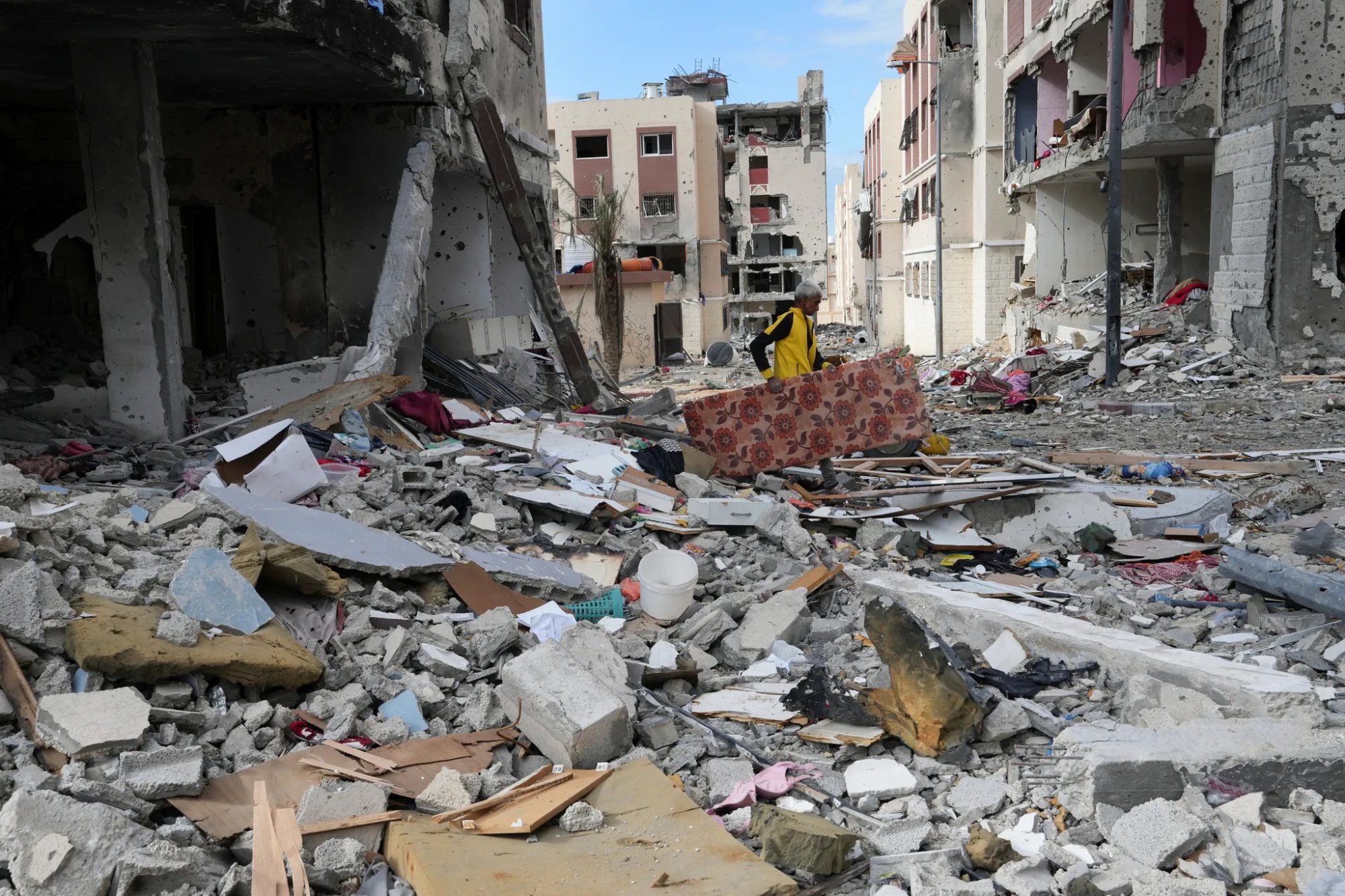
A Palestinian picks up belongings from the rubble in Gaza. AP photo.
Technological advances are occurring with increasing frequency and little oversight. That makes the risk of AI becoming another form of weapon clear and offers an early glimpse of what will happen in future conflicts, elections and other major events.
“Things are going to get a lot worse before they get better,” said Jean-Claude Goldenstein, CEO of CREOpoint, a San Francisco- and Paris-based technology company that uses AI to assess the validity of online complaints.
His company has compiled a database of the most viral deepfake images emerging from Gaza. “Images, videos , and audio: with creative AI, this is a step forward that you have never seen before,” he said.
Imran Ahmed, CEO of the Center for Countering Digital Hate, a nonprofit that tracks war-related misinformation, said the propagandists who create such images are skilled at targeting people’s deepest impulses and anxieties.
The more frightening the image, the more likely users are to remember and share it, inadvertently spreading further misinformation. Similar AI-generated misinformation has really started to go viral since the Russia-Ukraine conflict.
Every new conflict or election season presents new opportunities for disinformation spreaders. That has many AI experts and political scientists warning of risks in the coming year, when several countries hold major elections, including the United States, India, Pakistan, Ukraine, Indonesia and Mexico.
The risk that AI and social media could be used to spread lies to American voters has alarmed lawmakers from both parties in Washington. At a recent hearing on the dangers of deepfake technology, US Representative Gerry Connolly, a Virginia Democrat, said the US needs to invest in funding the development of AI tools designed to counter other AI.
Responding effectively to the political and social challenges posed by AI-generated misinformation will require both better technology and better regulation, said University of Buffalo professor David Doermann.
Mai Anh (according to AP)
Source



![[Photo] Panorama of the 2025 Community Action Awards Final Round](https://vphoto.vietnam.vn/thumb/1200x675/vietnam/resource/IMAGE/2025/11/15/1763206932975_chi-7868-jpg.webp)

![[Photo] General Secretary To Lam receives Vice President of Luxshare-ICT Group (China)](https://vphoto.vietnam.vn/thumb/1200x675/vietnam/resource/IMAGE/2025/11/15/1763211137119_a1-bnd-7809-8939-jpg.webp)

![[Photo] Prime Minister Pham Minh Chinh meets with representatives of outstanding teachers](https://vphoto.vietnam.vn/thumb/1200x675/vietnam/resource/IMAGE/2025/11/15/1763215934276_dsc-0578-jpg.webp)





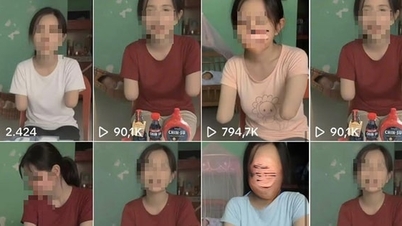

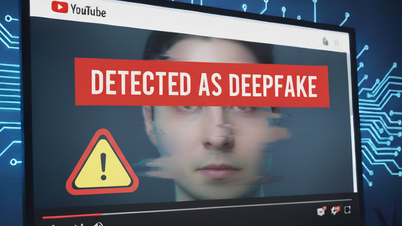
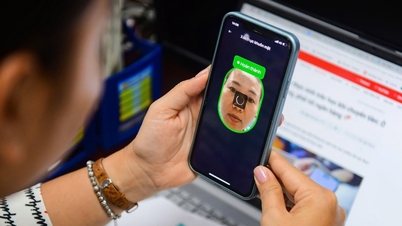

















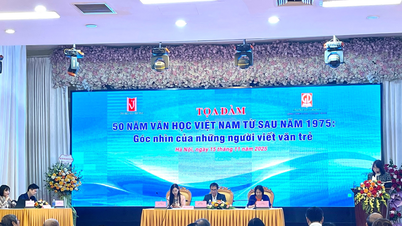





































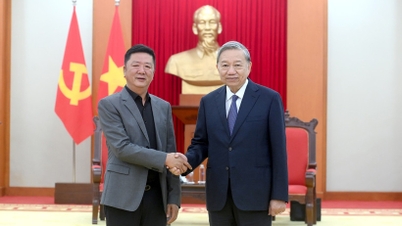





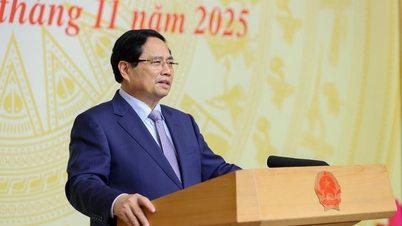
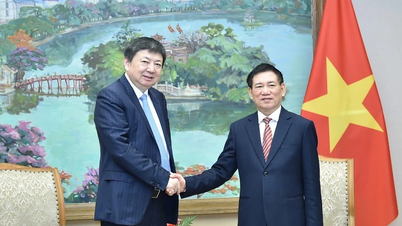






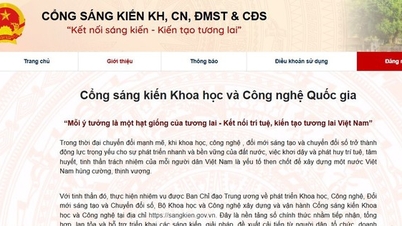






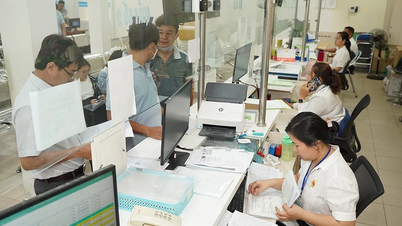
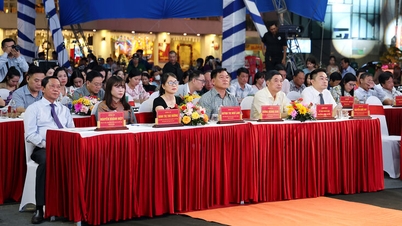












Comment (0)